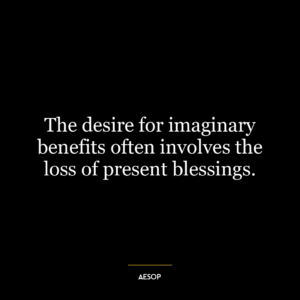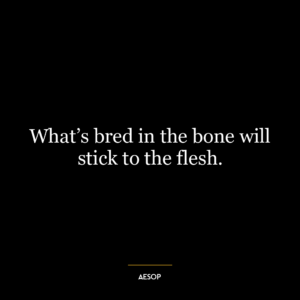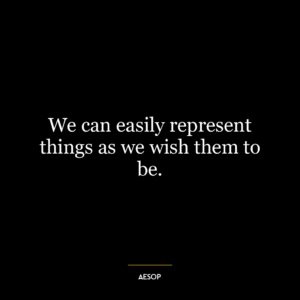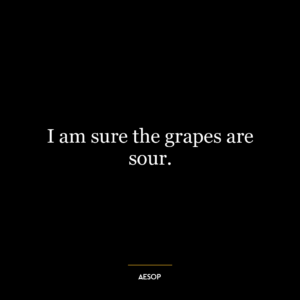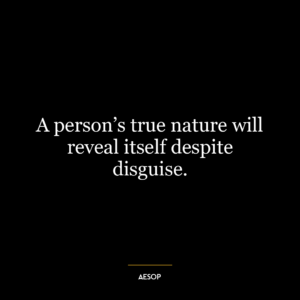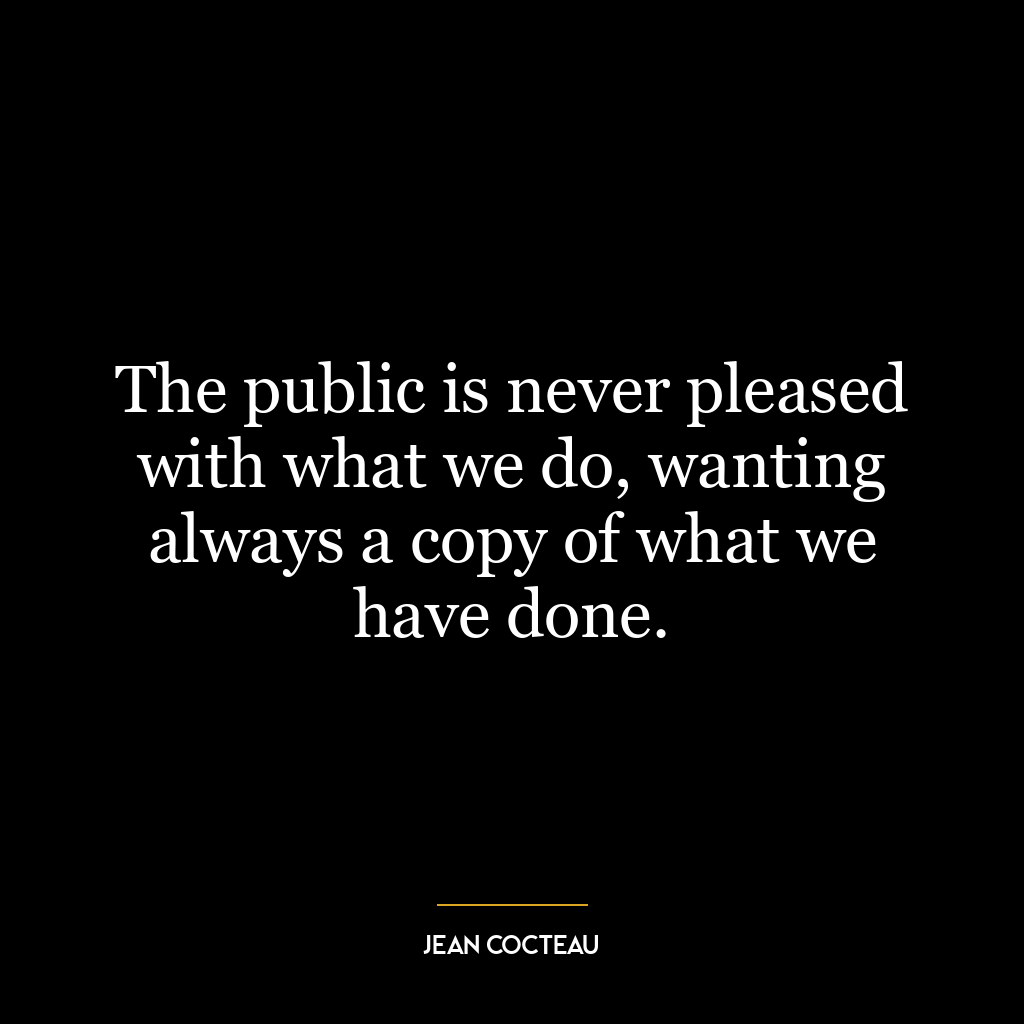He that is hard to please, may get nothing in the end.
This quote, “He that is hard to please, may get nothing in the end,” suggests that individuals who are excessively demanding or have high expectations may end up dissatisfied because their standards are too difficult to meet. This is not to say that one should not have standards or expectations, but rather it’s a caution against being unreasonably demanding or difficult to please.
The quote can be viewed from a perspective of balance. It encourages us to strive for what we want, but also to be mindful of our expectations and to be appreciative of what we have or what we receive. If we are always dissatisfied and wanting more, we may miss out on the good that is already present.
In today’s world, this quote is highly relevant. In the era of social media and consumerism, it’s easy to develop a mindset of constant dissatisfaction, always wanting more, better, or different. This can lead to a cycle of perpetual unhappiness and dissatisfaction, as no matter what we get, it never seems enough.
In terms of personal development, this quote can serve as a reminder to cultivate gratitude and contentment. It can also be a prompt to evaluate our expectations and standards, ensuring they are realistic and attainable. Being hard to please can not only lead to personal dissatisfaction but can also strain relationships and cause stress. Therefore, learning to balance our desires with appreciation for what we already have can lead to greater overall happiness and satisfaction.




